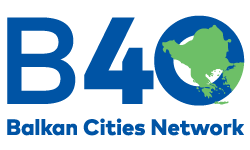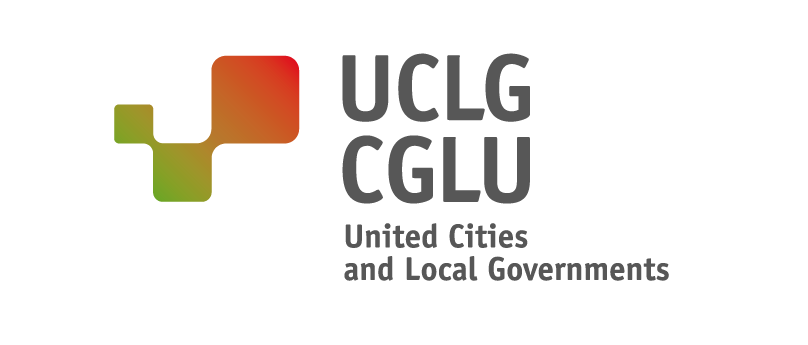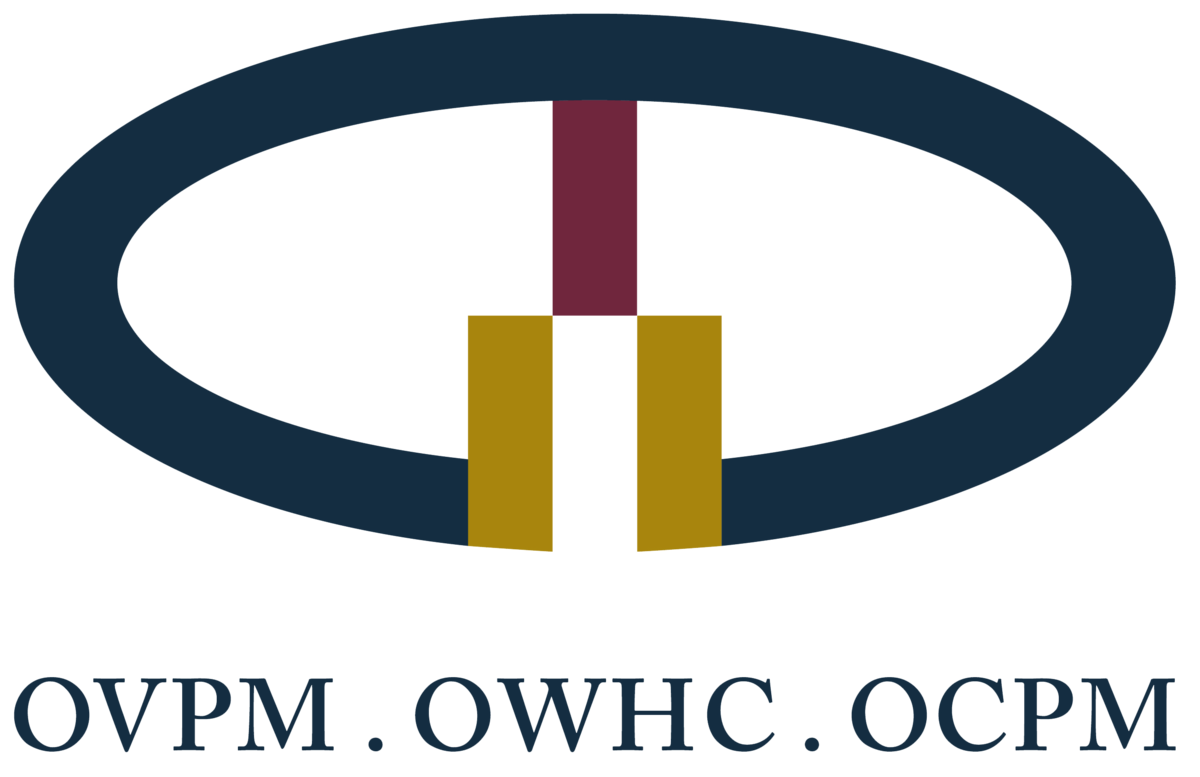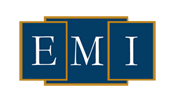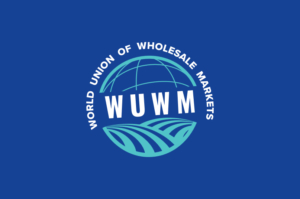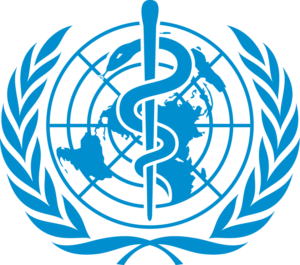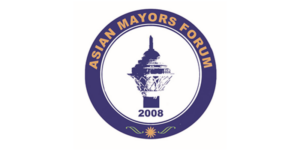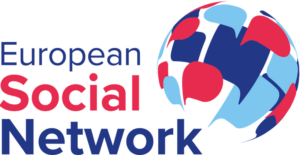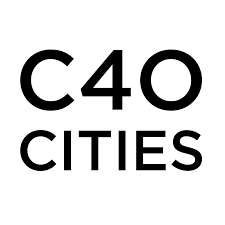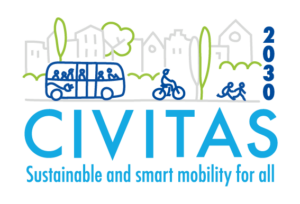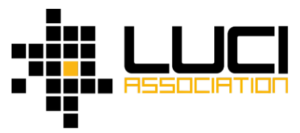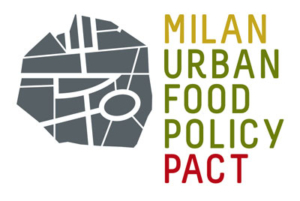Balkan Cities Network
(B40)
Istanbul Metropolitan Municipality Mayor Mr. Ekrem İmamoğlu’s idea that “The establishment of a platform where local governments in the Balkans come together would contribute to peace and stability in the region by improving local democracy” laid the foundations of the B40 Balkan Cities Network. This vision, which was put forth with the motto “Better Cooperation, Better Future”, found support among the local governments in the region in a very short time and turned into a common will in the 2021 Istanbul Summit. At the B40 Balkan Cities Summit held in Istanbul on 29-30 November 2021, 23 Mayors from 11 Balkan countries came together with an aim to strengthen the understanding of local democracy in the region, diversify economic cooperation areas and increase cultural interaction. This vision and commitment was realized with the “B40 Declaration” announced at the end of the Istanbul Summit and the B40 Balkan Cities Network was established. As of July 2023, 54 cities are members to the B40 Balkan Cities Network with its Permanent Secretariat in Istanbul. B40 Balkan Cities Network continues its activities for the benefit of the region with working groups established under the major subjects of local democracy and immigration, local economic and cultural cooperation, smart cities and digital transformation and local climate action.
The Association of European Cities
(EUROCITIES)
The Association of European Cities (EUROCITIES) was founded in 1986 under the leadership of the cities of Barcelona, Birmingham, Frankfurt, Lyon, Milan, Rotterdam, Frankfurt, Lyon, Milan, Milan and Rotterdam in order to bring together large-scale European cities. The organization, initially drawing attention to factors such as the acceleration of globalization and the mechanization of production processes, started to work to make the voices of local governments heard in decision-making processes as the European Union became a more effective policy institution over time and grew rapidly becoming an important organization to the EU institutions. EUROCITIES’ activities focus on culture, economy, environment, information, mobility, social services. With its main objective of improving the role and importance of local governments in governance, the organization aims to influence the decisions of decision-makers in Brussels and to develop EU laws that help solve the problems of local governments. The organization holds an annual congress and has a decision-making body of 12 mayors. Istanbul has been an associate member of EUROCITIES since 2004.
World Association of Major Metropolises (METROPOLIS)
The Union of Metropolitan Cities (METROPOLIS), the largest organization bringing together metropolitan cities from different parts of the world under the same roof, was established in 1985. Consisting of approximately 150 metropolitan cities, the association also manages the section of the United Cities and Local Governments (UCLG) representing metropolitan cities. The organization aims to carry out projects and create a network of initiatives on urban development in the light of environmental, economic, social and cultural factors. It works towards defending and representing the interests of metropolitan cities in the international arena, finding innovative solutions to problems, providing financial and technical support to metropolitan regions in developing countries, and developing mutual learning and capacity building. The management of the organization is elected every three years at the world congress. A separate election for the presidency and other positions takes place among the board members elected at the METROPOLIS World Congress. The current board of directors of Metropolis consists of 28 seats. Istanbul became a member of the organization in 1995, and Mayor Ekrem İmamoğlu is currently serving as a member of the board of directors.
United Cities and Local Governments World Organization (UCLG)
The United Cities and Local Governments World Organization (UCLG) was established in 2004 as a result of the merger of IULA (International Union of Local Authorities), FMCU-UTO (World Federation of United Cities) and METROPOLIS (Metropolitan Cities Association) as a result of a process that started with the Habitat II Conference held in Istanbul in 1996. The headquarters of the organization is in Barcelona, Spain. Its purpose is to be the united voice and global defender of democratic local governments and to defend their values, goals and interests in cooperation with local governments and the international community. UCLG places at the center of its activities the voicing of the views and demands of urbanites on global platforms, and has adopted the understanding that urbanites express their views in international policies through local administrators of their own choice. UCLG is the official spokesperson of local governments before the United Nations on local government issues. With the 2006 Paris Declaration, UCLG sent a message to the world that all local governments are acting together against climate change, and with the Declaration on Decentralization adopted in the same year, UCLG emphasized to all central governments the importance of decentralization in development. Representing 5 billion people worldwide, the organization covers more than 240,000 towns, cities, regions and metropolitan cities in 140 countries and more than 175 local and regional government associations.
European Cities Against Drugs (ECAD)
European Cities Against Drugs, a Stockholm-based organization that brings together cities across the European continent in the fight against drugs, has more than 250 members in more than 20 countries. It’s most important organization is the Mayors Conference, which convenes every year in a different city under a specific theme related to the fight against drugs. Istanbul Metropolitan Municipality (IMM) became a member of the organization in 1997 and hosted the 14th Mayors Conference in 2007. IMM’s Directorate for Fighting Addiction and Rehabilitation manages relations with this organization.
Organization of Islamic Capitals and Cities (OICC)
Organization of Islamic Capitals and Cities (OICC) was established in 1980 as an affiliate of the OIC in line with the decision taken at the Foreign Ministers’ Meeting of the Organization of Islamic Cooperation (OIC), formerly known as the Organization of the Islamic Conference (OIC), with the aim of preserving the identity and historical heritage of Islamic cities and contributing to raising the living standards in these cities through conferences, seminars and expert exchanges. OICC has two separate headquarters in Mecca and Jeddah, Saudi Arabia. The Organization has nearly 200 members from Asia, Europe, Africa and South America. In addition, OICC has observer members from countries outside the Islamic World, and partner members from ministries, commissions, universities, and research and cultural centers from the Islamic World or outside the Islamic World in relation to the objectives and activities of OICC. The Organization has consultative status in United Nations bodies such as ECOSOC, UNICEF, UNIDO and UNDP. Istanbul Metropolitan Municipality became a member of OICC in 1984. OICC is the first international organization of which IMM is a member.
Organization of World Heritage Cities (OWHC)
Organization of World Heritage Cities (OWHC), a non-profit organization, is a political platform for cooperation between mayors, with a General Secretariat established in 1993 in Fes, Morocco and with headquarters in Quebec City (Canada). The activities of the General Secretariat are supported by Regional Secretariats located around the world. More than 300 cities on the UNESCO World Heritage List are members of OWHC. The main objectives of the organization are to ensure the implementation of the World Heritage Convention, cooperation, knowledge sharing and specialization in conservation and management, and to foster a spirit of solidarity among member cities. OWHC organizes many events, including congresses, conferences, seminars, workshops on strategic and administrative challenges that may arise in the development and conservation of historic cities. The most important event of the organization is the World Congress, which has been held every two years since 1991 in a different member city with a specific theme. Istanbul Metropolitan Municipality became a member of OWHC in 2005.
League of Historical Cities (LHC)
The League, foundations of which were laid in 1987 in Kyoto, Japan, and officially established in 1994, aims to deepen bilateral and multilateral cooperation and mutual understanding between historical cities from different cultures, strengthen relations and provide a platform for learning through the exchange of experience. LHC also acts as a think-tank for best practices on these issues. The League also carries out important work in promoting historical heritage through world tourism. By taking advantage of the big gathering of cities for the biannual League of Historical Cities Conference, it aims to continue cooperation between participating cities both during and after the conference. Istanbul Metropolitan Municipality became a member of LHC in 2002.
Earthquakes and Megacities Initiative (EMI)
Earthquakes and Megacities Initiative (EMI) is an international scientific organization established to develop knowledge, policies and practices on urban disaster risk reduction, focusing especially on rapidly growing metropolises and megacities. Its foundations were laid in 1998 and it started its activities in 2003 as a non-profit NGO based in the Philippines. With the tools and methods developed by its team of engineers, disaster experts, planners and risk management professionals, EMI has implemented many disaster risk management and urban resilience projects for public and private institutions with which it has partnered. EMI, which is the most active participant of the United Nations International Strategy for Disaster Reduction – UNISDR’s Making Cities Resilient Campaign, has also been a member of the UN Global Disaster Reduction Platform since its establishment. EMI also has consultative status with the United Nations Economic Social Council (UN-ECOSOC). Istanbul Metropolitan Municipality became a member of EMI in 2006.
World Union of Wholesale Markets (WUWM)
World Union of Wholesale Markets (WUWM) was founded in Brussels, Belgium in 1955, with the aim of facilitating people’s access to healthy foods by creating a healthier, durable, sustainable, inclusive and high-quality food supply system. With more than 200 members worldwide, it covers 5 continents and operates in more than 40 countries. Its members are fresh food and product organizations. While working towards this goal, WUWM cooperates with international organizations, governments, local governments, businesses and other public partners and tries to raise awareness by creating educational opportunities. WUWM develops partnerships and programs that respond to the specific challenges and priorities of each region through established regional working groups, while acting at international, regional and local levels to promote sustainable, inclusive and fresh food supply chains to enable the development of modern wholesale markets. WUWM, which Istanbul Metropolitan Municipality became a member of in 2007, organizes two conferences a year to inform stakeholders about food systems and fresh produce trends affecting the distribution, wholesale and retail markets.
World Health Organization Healthy Cities Network (WHO)
The WHO Healthy Cities Network is a global movement working to put health at the top of the social, economic and political agenda of local governments. Established in 1988 and based in Copenhagen, the WHO European Healthy Cities Network has been bringing together nearly 100 cities and 30 national networks across the continent for more than 30 years. While national networks bring together cities in a particular member state, member cities act directly with the WHO European Healthy Cities Network. Recognizing that cities and local authorities play a critical role in social, cultural and political life, the common goal is to engage local authorities in political commitment, institutional change, capacity building, partnership-based planning and innovation. Together with member cities and national networks, the network reaches approximately 1400 municipalities. Each member city commits to providing materials and data that provide evidence that they are making a difference in putting health at the top of social and political agendas, and they report on the status of their city through annual reporting templates. Istanbul Metropolitan Municipality became a member of the WHO European Healthy Cities Network in 2009.
Asian Mayors Forum (AMF)
The Asian Mayors Forum (AMF) was established and initiated its activities in 2008, based on the provisions of the relevant article in the Final Declaration of the Asian Parliamentary Meeting adopted unanimously in 2007 with the slogan “Integration for a better life for Asian citizens”. The aim of the organization is to increase the welfare and quality of life for citizens through cooperation between cities and local governments in Asia. In order to solve common problems, the organization supports the sharing of successful practices in the field of urban management among Asian cities and works to ensure the flow of knowledge and experience among local governments. AMF has seven working groups: Asian Cities Transportation and Traffic Committee, Smart Asian Cities, Resilient Asian Cities, Livable Asian Cities, Asian Urban Tourism, Asian Women’s Cooperation Network and Council Members Cooperation Network. The most important event of the organization, the Asian Mayors Forum meeting, is organized every year with the voluntary hosting of a city to discuss common problems and initiatives for possible solutions. Istanbul Metropolitan Municipality became a member of the Asian Mayors Forum in 2009 and is currently a member of its Board of Directors.
European Social Network (ESN)
European Social Network (ESN) was established in 1998 in the United Kingdom as a non-profit charity organization. ESN aims to provide quality social services and improve the quality of life of vulnerable people and people in need in fields such as health, education, housing, employment and participation in social life. Members of the network include social service directorates and federations at the local or regional level and autonomous regions, states, provinces, special provincial administrations, cities, R&D and regulatory bodies that work with social service managers in shaping social services in local communities. One of the priorities of ESN, which brings together social affairs and social care service managers at the local level, is to ensure cooperation and experience exchange among member organizations. Istanbul Metropolitan Municipality became a member of ESN in 2011.
Union of Turkish World Municipalities
The Heads of State of the countries speaking the Turkic languages and dialects decided at the Azerbaijan Summit in 2000 to “Improve the cooperation between local administrations” in order to improve the mutual cooperation between the countries. Union of Turkish World Municipalities (TDBB) started its activities on 12 November 2003 within the framework of the Council of Ministers Decision and the Law No. 3335 on the Establishment of Organizations of International Character in order to carry out works related to city management in the countries, regions and places where Turkic languages and dialects are spoken and those with geographical, historical and cultural commonalities with these areas. Headquartered in Istanbul and with almost 1200 member municipalities from 30 different countries, Union of Turkish World Municipalities (TDBB) carries out various programs and projects to improve cooperation among local governments in friendly and brotherly countries in the geographical area extending from the Balkans to the Caucasus and Central Asia. The common cultural and civilizational heritage of the Turkic world was taken into consideration while establishing TDBB, aiming to mutually benefit from knowledge and experiences with an emphasis on solidarity and cooperation. Istanbul Metropolitan Municipality became a member of TDBB in 2010.
International Committee of Historic House Museums
Headquartered in Paris, International Committee of Historic House Museums (DEMHIST) is a member of ICOM (International Council of Museums) focusing on the conservation and management of house museums. DEMHIST organizes conferences to help provide a professional platform for sharing ideas and solutions and its objectives include the conservation and restoration of house museums, improving their safety standards, increasing their visibility, contributing to tourism as well as helping to improve communication with other professionals and house museum visitors. International Council of Museums (ICOM), of which DEMHIST is a member, is an international organization of museums and museum professionals that focus on the study of the world’s natural and cultural heritage, present and future, as tangible and intangible, and its conservation, maintenance and communication with society. As a forum of experts, it provides advice on issues related to cultural heritage, promoting capacity building, and disseminates information. Istanbul Metropolitan Municipality became a member of DEMHIST in 2017.
C40 Cities Climate Leadership Group (C40)
C40 Cities is an international network of metropolitan cities that have come together to raise awareness on global climate change and mobilize metropolitan cities to take action. With headquarters in New York City, United States of America, C40 brings together leading cities working on climate change to share information through effective cooperation and to support cities that set meaningful, measurable and sustainable policies on climate change. As a starting point, in 2005, under the leadership of London Mayor Ken Livingstone, representatives of 18 metropolitan cities came together and adopted an agreement to reduce greenhouse gas emissions. Following these initiatives, in 2006, Ken Livingstone brought together local authorities in a meeting with a similar theme and increased the number of members supporting the initiative to 40. The network was therefore named the “C40 Cities”. Today, the number of C40 members is approaching 100 and Istanbul Metropolitan Municipality became a member in the Mega Cities category in 2021.
Forum Network
(CIVITAS)
Forum Network (CIVITAS) is one of the most important programs helping cities achieve the benchmarks set in the European Green Deal in line with the mobility and transport targets set by the European Commission. Bringing together cities focused on sustainable urban mobility, CIVITAS promotes commitment and increases collective expertise through personnel exchange, networking and training, while supporting cities’ carbon-neutralization efforts. Since its launch in 2002, CIVITAS has advanced research and innovation in the field of sustainable urban mobility and enabled local authorities to develop, test and implement measures through a series of projects. Istanbul Metropolitan Municipality became a member of CIVITAS in 2021.
Uluslararası Aydınlatma Derneği
Lighting Urban Community International (LUCI) is an international network of cities dedicated to urban lighting. Founded in 2002 and with headquarters in Lyon, France, LUCI is a non-profit organization that today brings together nearly 70 member local governments around the world that use lighting as a tool for social, cultural and economic development. The community aims to promote innovative and energy-efficient technologies, lighting solutions and exploration of new areas where urban lighting can play a role. Istanbul Metropolitan Municipality became a member of LUCI in 2022, which has 40 members in the EU and 14 in North Western Europe.
Milan Urban Food Policy Pact (MUFPP)
In 2014, the Mayor of Milan at the time decided to launch an international protocol aimed at addressing food-related issues at the urban level, to be adopted by as many world cities as possible, and the Milan Urban Food Policy Pact (MUFPP) was signed by more than 100 cities in Milan in 2015. The Pact consists of a Foreword and an Action Framework listing 37 proposed actions clustered in 6 categories. Istanbul Metropolitan Municipality became a member of the MUFPP in 2022.
European Institute of Innovation and Technology (EIT)
The European Institute for Innovation and Technology was established in 2008 to support entrepreneurs in line with the EU’s goals of sustainable economic growth and job creation. In this context, EIT regularly calls for projects every year. In 2019, Istanbul Metropolitan Municipality became a member of the Urban Mobility initiative of EIT, which prioritizes innovative initiatives in thematic areas such as sustainable urban mobility, where there are projects that can contribute to R&D and innovation or create know-how.

